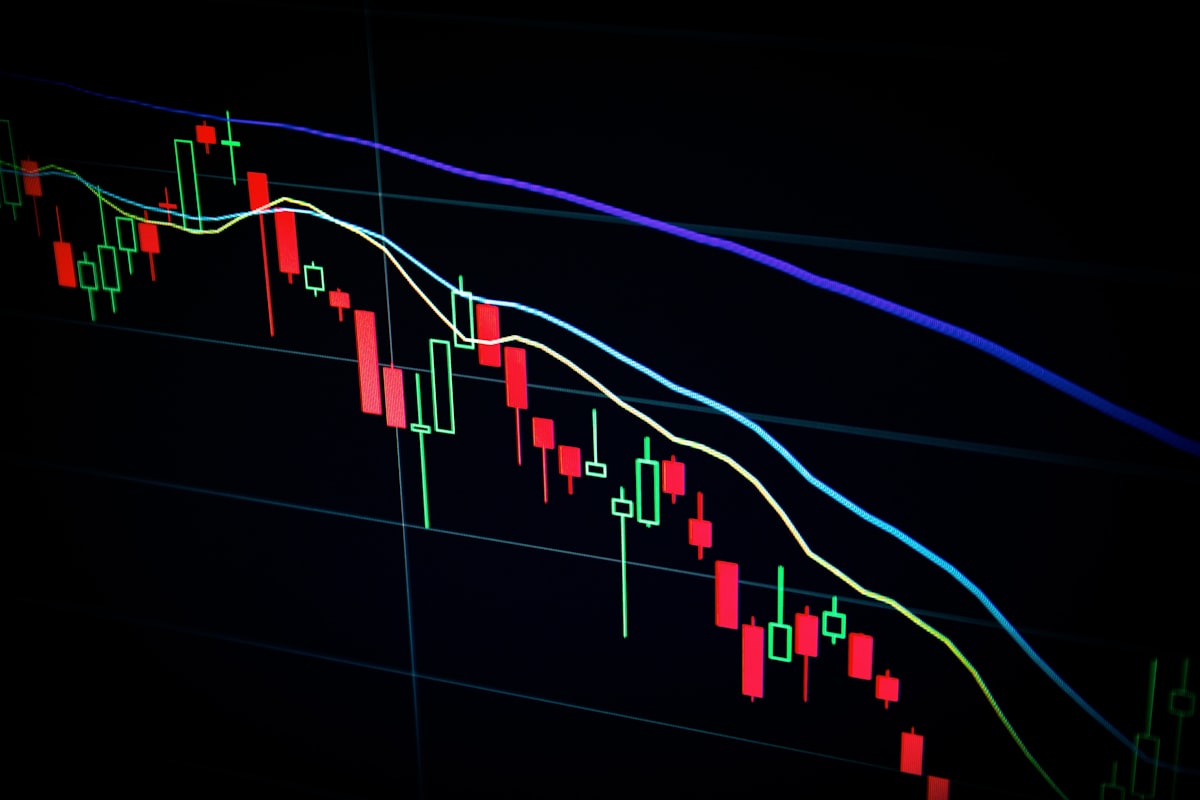📚 Table of Contents
- ✅ Introduction: Index Funds vs. ETFs in 2026
- ✅ Understanding Index Funds and ETFs
- ✅ Performance Comparison: Which Delivers Better Returns?
- ✅ Cost Analysis: Expense Ratios and Hidden Fees
- ✅ Liquidity and Flexibility: Trading Differences
- ✅ Tax Efficiency: Which Is More Advantageous?
- ✅ Diversification Options: Sector and Global Exposure
- ✅ Top 15 Index Funds and ETFs to Watch in 2026
- ✅ Investor Preferences: Who Should Choose What?
- ✅ Future Trends: How Will They Evolve by 2026?
- ✅ Conclusion
Introduction: Index Funds vs. ETFs in 2026
As we approach 2026, investors are increasingly weighing the pros and cons of index funds versus ETFs (Exchange-Traded Funds). Both are popular passive investment vehicles, but which one is better suited for your portfolio? This in-depth analysis explores their differences in performance, costs, tax efficiency, and future trends, helping you make an informed decision.
Understanding Index Funds and ETFs
Index funds and ETFs both track market indices, but they operate differently. Index funds are mutual funds that replicate a benchmark index, such as the S&P 500, and are priced once at the end of the trading day. ETFs, on the other hand, trade like stocks throughout the day, offering intraday liquidity. While index funds often require a minimum investment, ETFs can be bought in single shares, making them more accessible.
Performance Comparison: Which Delivers Better Returns?
Historically, both index funds and ETFs have delivered similar returns since they track the same underlying indices. However, slight variations occur due to expense ratios, tracking errors, and trading flexibility. For example, Vanguard’s S&P 500 ETF (VOO) and its equivalent index fund (VFIAX) have nearly identical performance, but ETFs may offer marginal advantages in volatile markets due to real-time pricing.
Cost Analysis: Expense Ratios and Hidden Fees
Cost efficiency is a critical factor. ETFs generally have lower expense ratios than traditional index funds—some as low as 0.03%. However, index funds may include additional fees, such as load fees or redemption charges, depending on the provider. Investors should also consider bid-ask spreads and brokerage commissions when trading ETFs, which can add up over time.
Liquidity and Flexibility: Trading Differences
ETFs shine in liquidity, allowing investors to buy and sell shares anytime during market hours. Index funds, however, settle trades only after market close. This makes ETFs preferable for active traders, while index funds are better suited for long-term, buy-and-hold investors who prefer dollar-cost averaging without frequent trading.
Tax Efficiency: Which Is More Advantageous?
ETFs are typically more tax-efficient due to their unique creation/redemption mechanism, which minimizes capital gains distributions. Index funds, especially those with high turnover, may trigger taxable events when the fund manager rebalances holdings. Tax-conscious investors often favor ETFs for this reason.
Diversification Options: Sector and Global Exposure
Both vehicles offer broad diversification, but ETFs provide more niche options, such as thematic ETFs focusing on AI, clean energy, or emerging markets. Index funds tend to stick to broader indices, making them simpler but less customizable. Investors seeking targeted exposure may prefer ETFs.
Top 15 Index Funds and ETFs to Watch in 2026
Here’s a curated list of the best index funds and ETFs poised for growth in 2026:
- Vanguard Total Stock Market Index Fund (VTSAX) – Broad U.S. equity exposure.
- iShares Core S&P 500 ETF (IVV) – Low-cost S&P 500 tracker.
- Fidelity ZERO Large Cap Index Fund (FNILX) – Zero expense ratio.
- Schwab U.S. Broad Market ETF (SCHB) – Ultra-low fees.
- SPDR S&P 500 ETF Trust (SPY) – High liquidity.
- Vanguard Total International Stock Index Fund (VTIAX) – Global diversification.
- ARK Innovation ETF (ARKK) – Disruptive tech focus.
- Invesco QQQ Trust (QQQ) – Nasdaq-100 exposure.
- iShares MSCI Emerging Markets ETF (EEM) – Emerging market growth.
- Vanguard Real Estate Index Fund (VGSLX) – REIT exposure.
- Avantis U.S. Small Cap Value ETF (AVUV) – Small-cap value tilt.
- iShares ESG Aware MSCI USA ETF (ESGU) – Sustainable investing.
- Vanguard Dividend Appreciation ETF (VIG) – Dividend growth.
- Fidelity MSCI Information Technology Index ETF (FTEC) – Tech sector focus.
- Schwab International Equity ETF (SCHF) – Developed markets.
Investor Preferences: Who Should Choose What?
Beginners may prefer index funds for their simplicity and automatic investing features. Active traders and tax-sensitive investors might lean toward ETFs. Retirement accounts often benefit from index funds, while taxable accounts may favor ETFs for their tax efficiency.
Future Trends: How Will They Evolve by 2026?
By 2026, we expect further fee compression, increased ESG integration, and more thematic ETFs. Index funds may adopt ETF-like features, such as intraday trading, to stay competitive. The rise of AI-driven portfolio management could also blur the lines between the two.
Conclusion
Choosing between index funds and ETFs depends on your investment goals, trading frequency, and tax considerations. Both offer low-cost, diversified exposure to the markets, but their structural differences make them better suited for specific strategies. As 2026 approaches, staying informed about these trends will help optimize your portfolio.


Leave a Reply